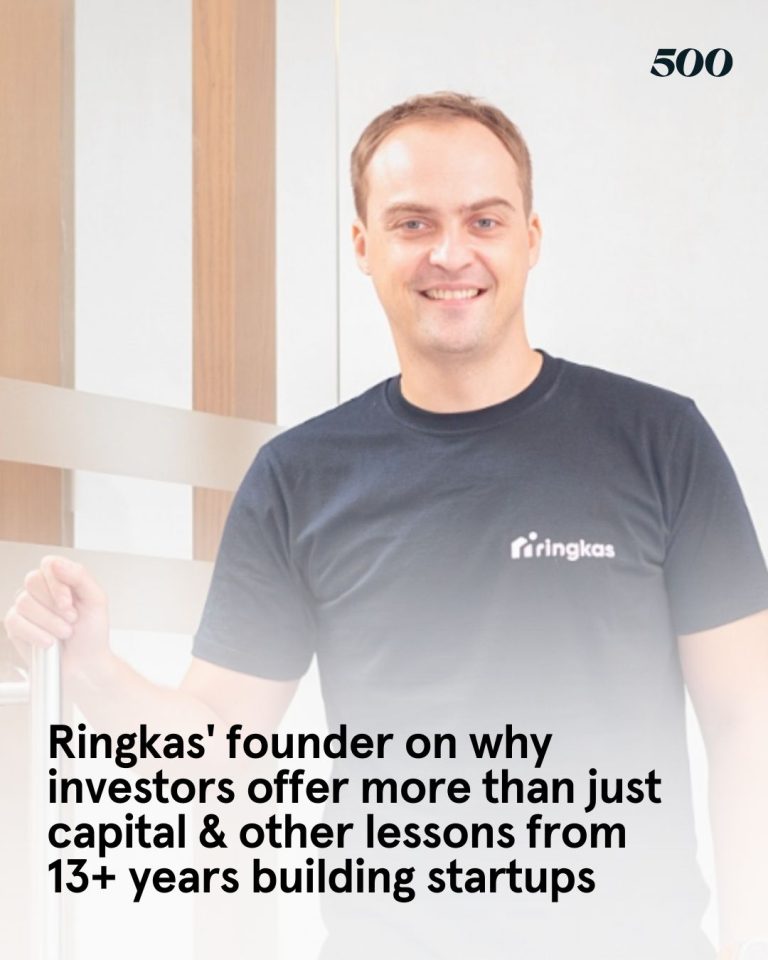Robots in government
- Beep, boop. Robots help humans score a big win! 500-backed OhmniLabs announced a partnership with Lovell Government Services that will see the company’s robots made more accessible to all U.S. government organizations.
- In the spotlight are two of OhmniLabs’ flagship robots, OhmniClean and Ohmni Telepresence Robot. According to OhmniLabs, OhmniClean is the world’s lightest, most efficient autonomous UV-C disinfection robot, weighing at 59 pounds. Independent testing shows that OhmniClean rapidly eliminates pathogens like MRSA, E. coli, SARS-CoV-2, and more with an efficacy of 99.999%.
- Government customers are also able to purchase the Ohmni Telepresence Robot, which allows users to remotely access and control it via a process that’s as easy as logging on to a video call.
- “Our robots are a vital part of ensuring government workplaces can return to normal. OhmniClean enables safe, cleaner environments, and Ohmni Telepresence Robots allow workers to visit the office without exposing themselves to disease,” said Tra Vu, Chief Operating Officer at OhmniLabs.
- Read the full article here.
A grounded goal
- Space exploration isn’t just about getting to Mars, according to Adam Gilmour, Co-founder & CEO of 500-backed rocket startup Gilmour Space. The industry often faces fierce public criticism questioning why billions of dollars are being funneled into space instead of improving life here on Earth.
- “The space industry needs to do a better job of communicating that the end-user of all of the activity in space is for all the people walking around on Earth,” he said. Satellites, for example, provide internet connectivity, help predict the weather, and capture high-resolution images on the ground.
- These satellites require maintenance, and this has to be done efficiently. “You can put up a constellation of satellites in the initial deployment with a big rocket, but once the satellites are deployed, they have a limited lifespan and they malfunction randomly. So when you’re trying to replace a malfunctioning satellite, it’s much more economical to take them up on a small launch vehicle,” Adam explained.
- To tackle the astronomical financial and environmental costs, Gilmour Space builds hybrid propulsion rockets that use greener fuels. Its new Eris model is about 25 meters tall, 2 meters wide, and has a payload of up to 215 kg. For comparison, SpaceX’s smallest rocket has a payload of nearly twice the size.
- Read the full story on TheGlobalVC.
Building a better world
- There has always been a need for smarter building management, but since the pandemic, this need has become urgent. Work-from-home and hybrid work arrangements have significantly changed the way buildings are being used.
- Ashish Justin, Co-founder and CEO of deep tech startup Carnot Innovations shares how its drive for sustainability helps building owners create up to 15% in energy savings and achieve their ESG (environmental, social, and governance) targets.
- Carnot provides a software platform that interfaces with buildings and collects data from IoT (Internet of Things) devices in real-time. The data harnessed is leveraged for advanced analytics and real-time controls of commercial buildings. This in turn enables owners to manage buildings based on actual occupancy and requirements.
- The startup has also made its product scalable. While it is physically located in Hong Kong, it has deployed its services in Singapore and Thailand through partners, and it plans to continue expanding with this model.
- Watch the full interview here.




